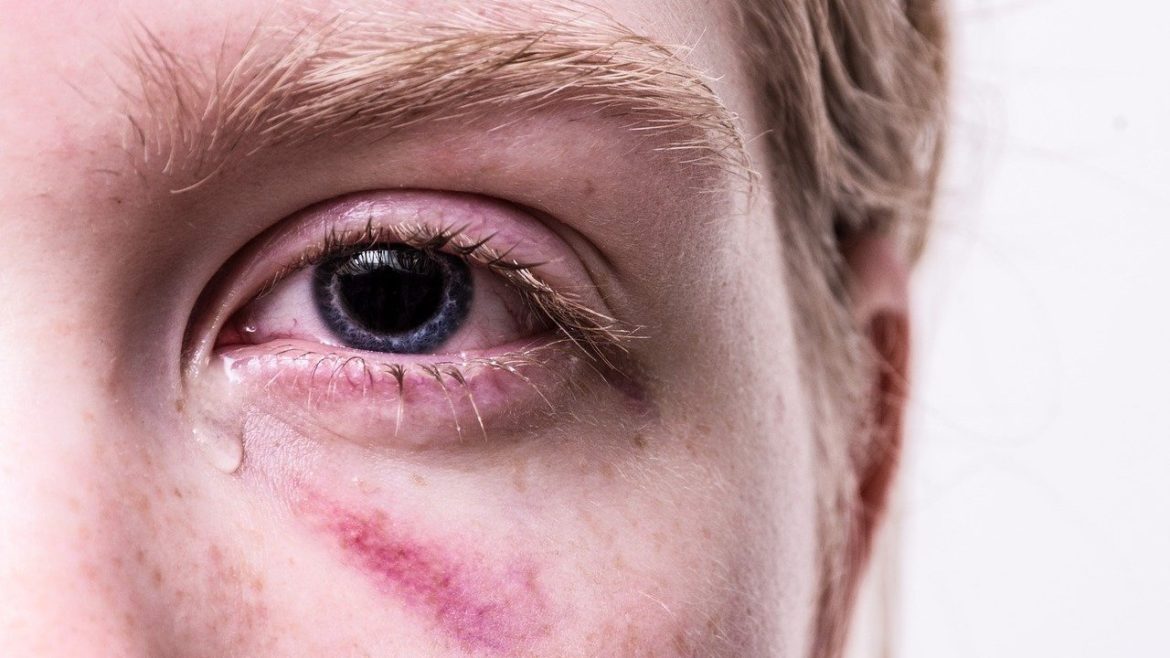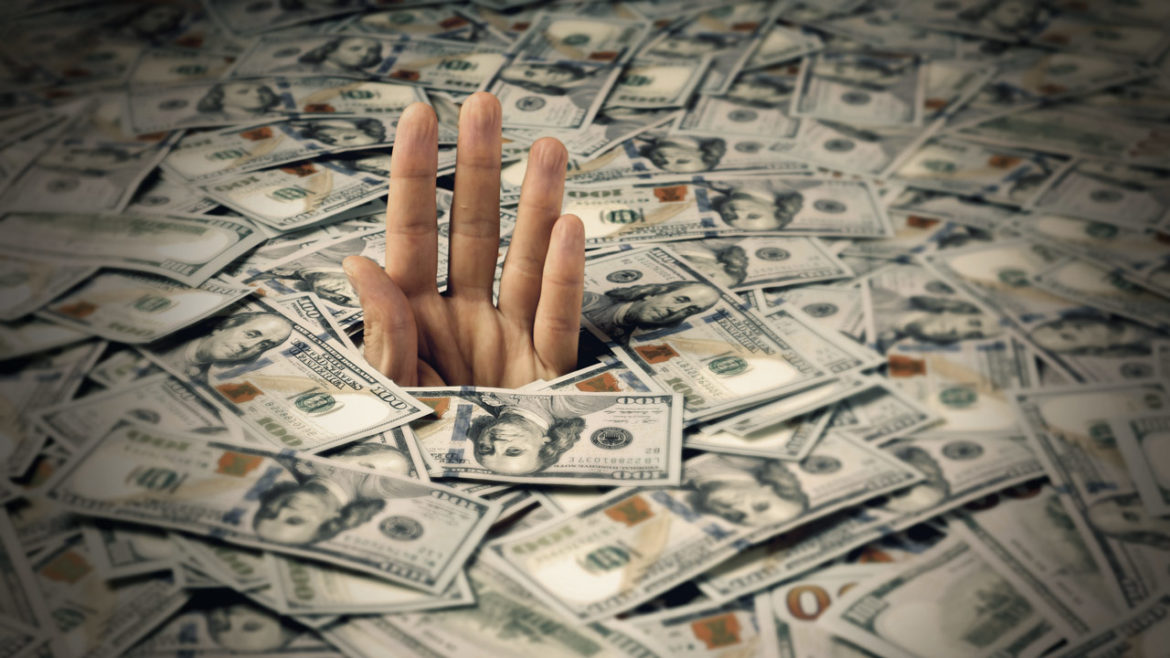Gold has all the potential to go unprecedentedly high. But silver will be gold on
Site:
Precious metals news
Last Friday was Black Friday and it was a black and blue Friday for investors. Just about everything was down and markets panicked over a new COVID variant. Peter Schiff talked about the market reaction in his podcast. Did the markets overreact? And what would happen if we did go into another global lockdown?The Dow suffered its worse day since April 2020, the height of COVID lockdowns.
 Famed Investor Jeremy Grantham Says the Next Decline Will Be Bigger than Anything in US History
Famed Investor Jeremy Grantham Says the Next Decline Will Be Bigger than Anything in US HistoryNov 29, 2021 - 05:11:00 PST
This super-investor says the market is due for a historic decline. It's time to listen.
Currency markets are stabilizing as the week kicks off yet investors are betting on the possibility of further volatility in coming weeks.
 Russians Conduct $5B Worth of Crypto Transactions a Year, Central Bank Says
Russians Conduct $5B Worth of Crypto Transactions a Year, Central Bank SaysNov 29, 2021 - 05:09:09 PST
The reports cites a July poll of Russia’s largest banks. The Bank of Russia had not responded to a CoinDesk request for details by publication time. “According to some indirect estimates, Russian investors in digital currencies are among the most active on the market,” the report said.
The Swiss National Bank is no longer standing in the way of the franc's appreciation, according to data published on Monday, in an eye-catching change as the safe-haven currency rose to its highest against the euro in more than six years. The central bank’s apparent stance will confound investors who have grown used to the SNB’s mantra that it would fight tooth and nail with...
While prices could spiral out of control, demanding a hawkish response from the Federal Reserve, it is more likely the central bank won’t be able to hike rates next year, given the economy’s frailty.
If emerging-market central banks were having a tough time shoring up their currencies as the Federal Reserve steps up its scaling back of monetary stimulus, their task just got a whole lot harder.
"It is high time that the federal government recognizes the creepy tax effects of inflation and gets real about taxes. It should forget about taxing unrealized capital gains, compensate victims of its inflationary policies, and begin to inflation-index everything." ~ Robert E. Wright
Reducing the number of tax cheats in the U.S. is a good goal, but more aggressive enforcement would also cause collateral damage.
Nov 29, 2021 - 04:57:19 PST
The IRS' track record suggests that beefed up enforcement will also mean more trampling of Americans' due process rights.
 Small Businesses Face 'Very Difficult' Process for COVID Aid as Omicron Looms
Small Businesses Face 'Very Difficult' Process for COVID Aid as Omicron LoomsNov 29, 2021 - 04:56:04 PST
Time is running out for businesses to get COVID-19 assistance from the Small Business Administration (SBA), as the rise of a new variant injects more uncertainty into the economic recovery.
 Investors Purchased A Record Amount Of Gold Eagles While Most Americans Plowed Into The Massive Stock Market Bubble
Investors Purchased A Record Amount Of Gold Eagles While Most Americans Plowed Into The Massive Stock Market BubbleNovember 29, 2021
As most Americans plowed into the Biggest Stock Market Bubble in history this year, wise investors purchased the highest Dollar amount of Gold Eagles ever. Even though the worst of the Pandemic seems to be in the rear-view mirror, demand for Gold Eagles was much stronger than last year...
 METALS, MARKET & ENERGY UPDATE NOV 28th: Big Problems With The U.S. Strategic Petroleum Reserve?
METALS, MARKET & ENERGY UPDATE NOV 28th: Big Problems With The U.S. Strategic Petroleum Reserve?November 28, 2021
There is something interesting going on in the global gold and silver transparent inventories, which I explain in this update. Also, there could be some big problems with the U.S. strategic petroleum reserve not discussed in the media. We must remember, when the oil reserve declines, it will be very difficult...
The Fed added $82B in Mortgage-Backed Securities (MBS) and $65B in Treasuries while allowing $22B in Repo agreements to roll off the balance sheet. The net gain is $126B in the month that the “Taper” was set to begin.
Over the past several years, there have been several government charges of price manipulation filed against banks that trade precious metals on behalf of customers. Most of these lawsuits have been settled before trial, with banks paying fines to the U.S. and other governments. A few cases have been brought to trial, with some convictions obtained.
Nov 26, 2021 - 11:59:58 PST
Though times have changed, gold continues to be a safe haven for investment in China, particularly among the younger generation.
As Peter Schiff noted, "The Fed no longer has the ability to stimulate the economy by creating #inflation. Instead of QE and ZIRP making people wealthier by pushing up asset prices, it now makes them poorer by pushing up consumer prices instead. Monetary stimulus has become a sedative. It's game over!"
If the junk bond market, and corporate debt in general, is deepening its already underperforming trend, it could be a sign that sentiment is deteriorating quite quickly now. That might be bad news for stock markets, and lead to credit downgrades and defaults. Corporates could be about to find out what debt deflation is all about.
 We Don't Talk About Collapse To Revel In It, We Talk About Collapse to Prevent It
We Don't Talk About Collapse To Revel In It, We Talk About Collapse to Prevent ItNov 26, 2021 - 08:41:01 PST
If one possible result of the current system is collapse, realizing the system itself must be changed isn't doom-and-gloom, it's problem-solving.
Adjusted for inflation, consumers’ personal income from all sources – from wages, interest, dividends, rental income, unemployment compensation, stimulus checks, Social Security benefits, etc. – so “real” personal income dipped by 0.2% in October from September to a seasonally adjusted annual rate of $17.7 trillion...




















